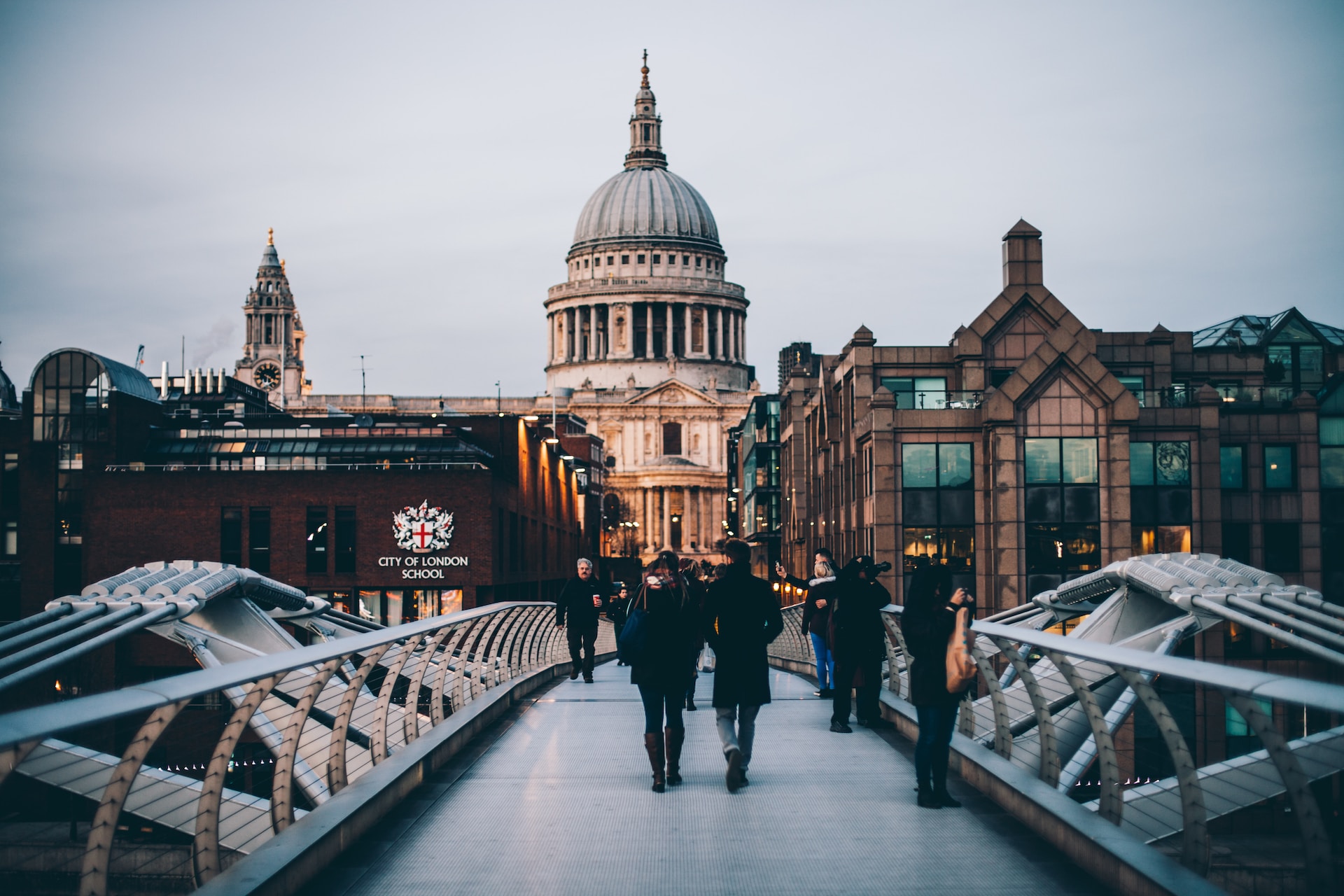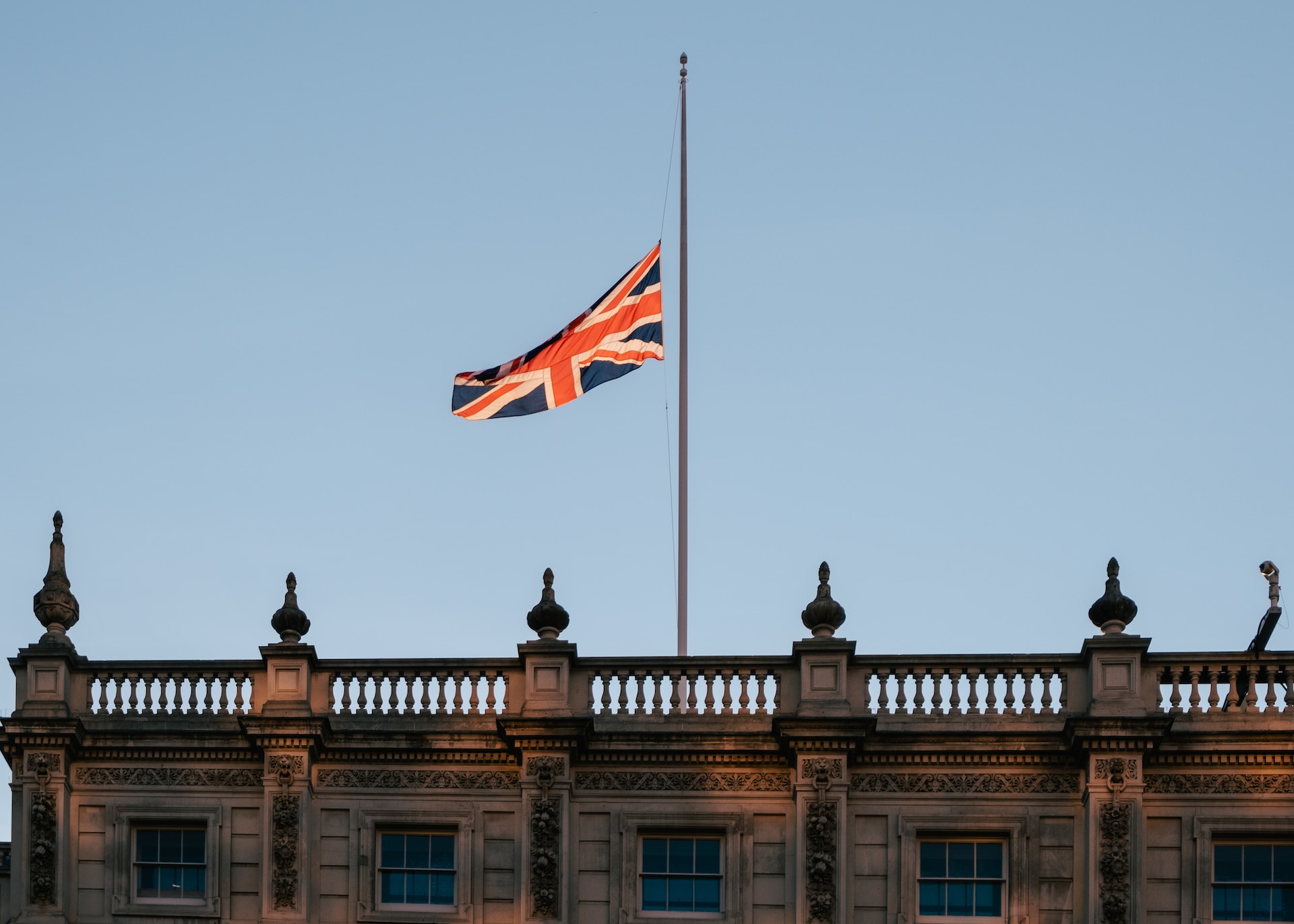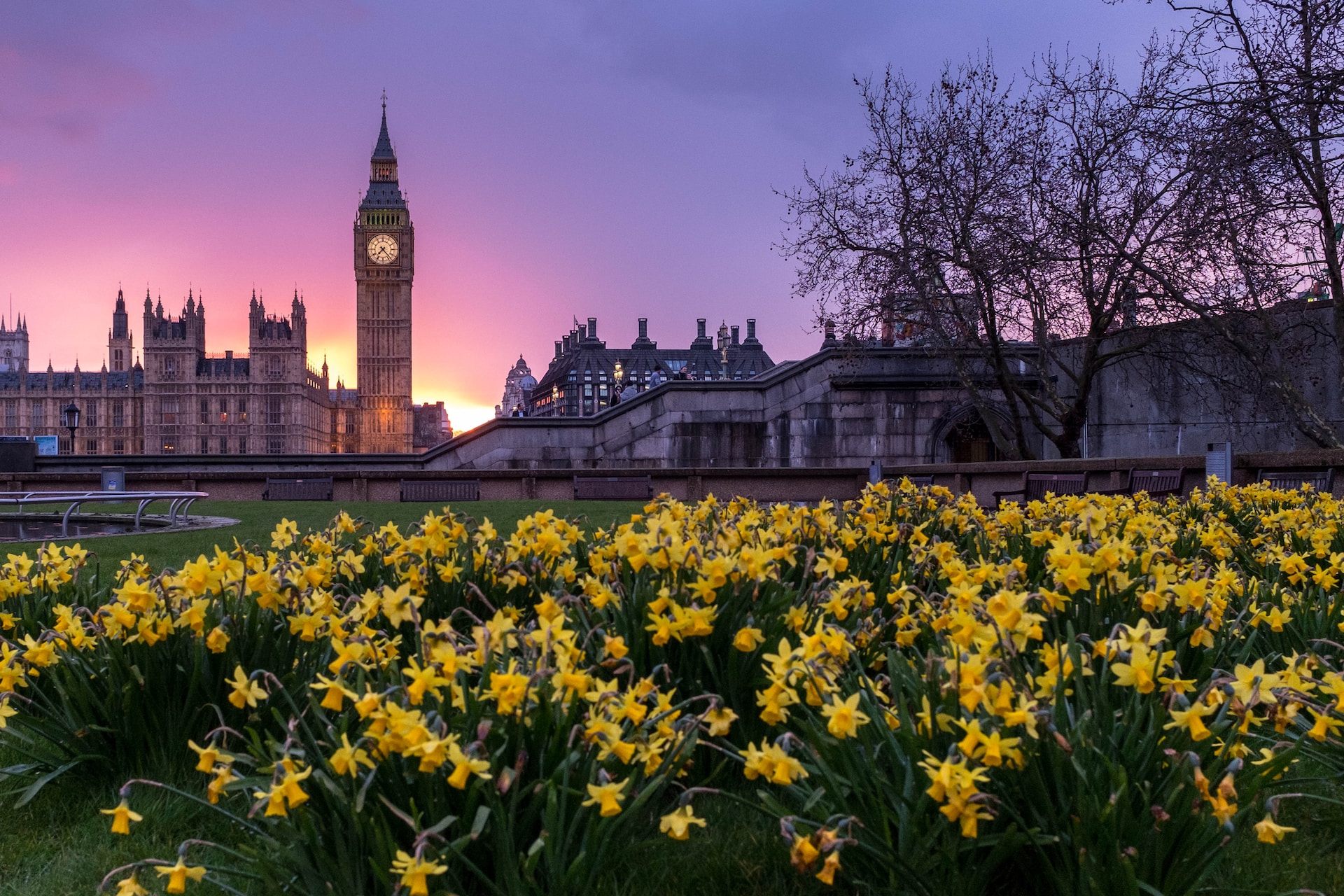Zander Murray: Pioneering Change in Scottish Football

Zander Murray, a renowned footballer from Glasgow, Scotland, has been a figure of significant change in the world of sports. After becoming the first male Scottish senior player to openly declare his homosexuality in 2022, Murray is now setting his sights on a future beyond the football field.
Breaking Barriers in Professional Football
Making History in Tokyo Olympics
Murray’s journey took a historic turn at the 2020 Tokyo Olympics, where he became the first openly gay male Scottish footballer to compete. His participation, although not resulting in a valid lift, marked a milestone in sports, particularly in addressing the challenges faced by LGBTQ athletes.
Transitioning Out of the Sport
As 2023 unfolds, Murray has made the decision to retire from football, citing a sense of fulfillment in his career and a desire to explore new horizons. “I have achieved what I wanted to,” Murray stated, acknowledging his successful stint with the Lowland league side Gala Fairydean Rovers and later with Bonnyrigg Rose in the Scottish Professional Football League (SPFL).
Embracing a New Role
Advocating for Inclusivity and Understanding
Murray’s coming out and subsequent retirement have not only been personal milestones but also moments of advocacy for the LGBTQ community within sports. He has spoken candidly about the support he received from his team and fans, highlighting the positive environment at Gala Fairydean Rovers.
Leading by Example
One of the highlights of 2023 for Murray was leading the Pride march in Edinburgh, a moment he describes as “overwhelming” and “monumental.” This role has not only been empowering for Murray but also symbolic of the progress being made in terms of inclusivity in sports and beyond.
Challenges and Opportunities
The Struggle of Public Life
Murray admits that adjusting to life in the public eye has been challenging, especially as someone who identifies as an introvert. Despite these challenges, he views his journey as worthwhile, contributing significantly to discussions around inclusion in sports.

Future Plans Beyond Football
Post-retirement, Murray is looking to engage in corporate speaking, focusing on sharing his experiences in male-dominated fields like construction. He is also considering a coaching role in women’s football, citing the inclusive nature of the women’s game compared to the men’s.
The Broader Impact
Encouraging Openness in Sports
While Murray is slightly disappointed that his coming out hasn’t led to more gay players doing the same, he understands the complexities involved. The abuse still evident under his social media posts is a testament to the challenges that remain in achieving full inclusivity in sports.
Conclusion: A New Chapter
Zander Murray’s journey from a scared individual to an excited, path-breaking advocate marks a significant shift in Scottish football and sports at large. His willingness to continue helping others and his optimism about the future reflect the positive impact that one individual’s courage can have on a broader scale. As Murray steps away from professional football, his legacy remains, paving the way for greater acceptance and understanding within the sporting world.












